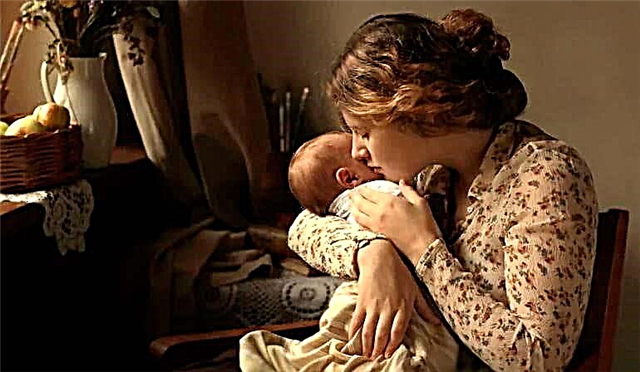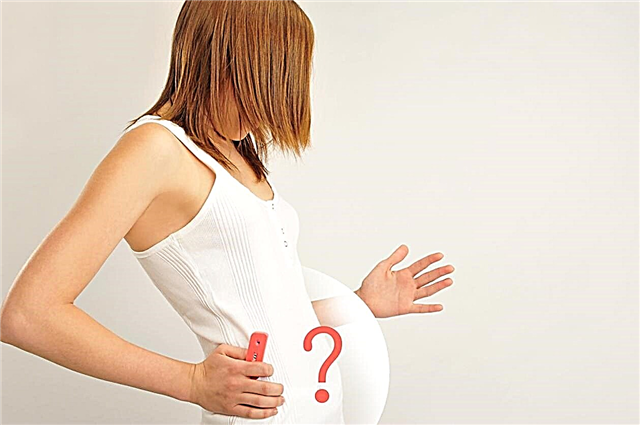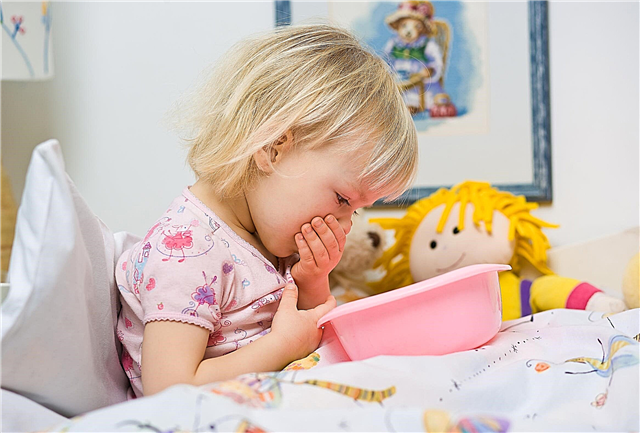
If a child begins to eat something unusual, it always raises concerns for his health. One of the inedible foods that mothers often take away from babies is paper. She may end up in the mouth of the baby by accident, but some children show an increased interest in her, which often alarms parents.

Possible reasons
Before doing anything if the child has eaten the paper once or does it regularly, it is worth understanding why this behavior occurs and where the addiction to eating paper comes from.
- Quite often, eating paper and other non-food products - it is just an act of curiosity. The kid tries the objects around him for a tooth, studying them. Such actions are typical for children aged 1-1.5 years. And since paper products are around us quite often, the attention of the little one is attracted by packaging, cardboard books, toilet paper, napkins, newspapers.
- Another common reason for the use of paper products by infants and children aged 1-2 years is this is teething. When the gums itch and itch, the crumb pulls into the mouth everything quite dense to the touch that comes to hand. Therefore, mother often has to select books with hard cardboard pages so that they remain intact.
- The child's desire to chew paper or cardboard is sometimes associated with a lack of vegetable fiber in his diet. The basis of paper products is cellulose. It is insoluble in water and does not break down in the digestive tract, since the body lacks enzymes suitable for breaking down cellulose. As it passes through the intestines, cellulose aids in digestion, just like fiber in plant foods.
- A child can eat paper products simply because he likes their texture and taste.
- Often the taste of babies changes due to iron deficiency anemia. Then the crumb begins to eat inedible, for example, chalk, plaster, earth or cardboard. Such manifestations of anemia are also found in older children, for example, at 10 years old.
If strange food preferences are found in a schoolchild or adolescent, then anemia should be considered first. Well-known pediatrician Komarovsky thinks so.

Is paper dangerous for digestion?
Plain paper does not pose a particular danger to the human body, which cannot be said about printing publications: after all, dyes are used for their production, which are not allowed to be eaten. In addition, paper clips, clips and other things dangerous for a child can be found in paper products. They are really capable of harming him, therefore when the baby wants to eat paper, special attention should be paid to ensure that such items are inaccessible to him.
Plain clean paper without ink and dye can only be harmful if it is eaten in large quantities. Excess cellulose can cause constipation or even cause bowel obstruction.


What to do?
The actions of the parents directly depend on the reason why the paper became the subject of the attention of a son or daughter.
- If the child has tried a napkin, cardboard box or other paper product due to increased interest, nothing needs to be done. Often, after satisfying his curiosity, the baby switches to other things. But so that the habit of eating paper out of curiosity is not entrenched, you can remove all paper from the field of view and distract the little one with more interesting activities.
- If the crumb gnaws cardboard during the eruption of milk teeth, offer your child special items called teethers. They are quite varied, so you can easily find a suitable replacement that your baby can safely chew on instead of cardboard boxes and books.
- If paper appears in the child's diet regularly, and the mother now and then takes it away from the baby, it is worth discussing this problem with the doctor. To exclude the presence of anemia, the doctor will prescribe a general blood test and determine what is the level of red blood cells in a small patient and how much hemoglobin he has. If it turns out that the child does not have enough iron, he will be prescribed special treatment.
- If, according to the tests, the child is completely healthy, but continues to eat paper objects, you can also examine it from the psychological side. It is also recommended to consult a psychologist if eating paper is not the only alarming symptom (the baby is lagging behind in development, behaves strangely).

For more information on the habits of eating inedible, see the video below.



